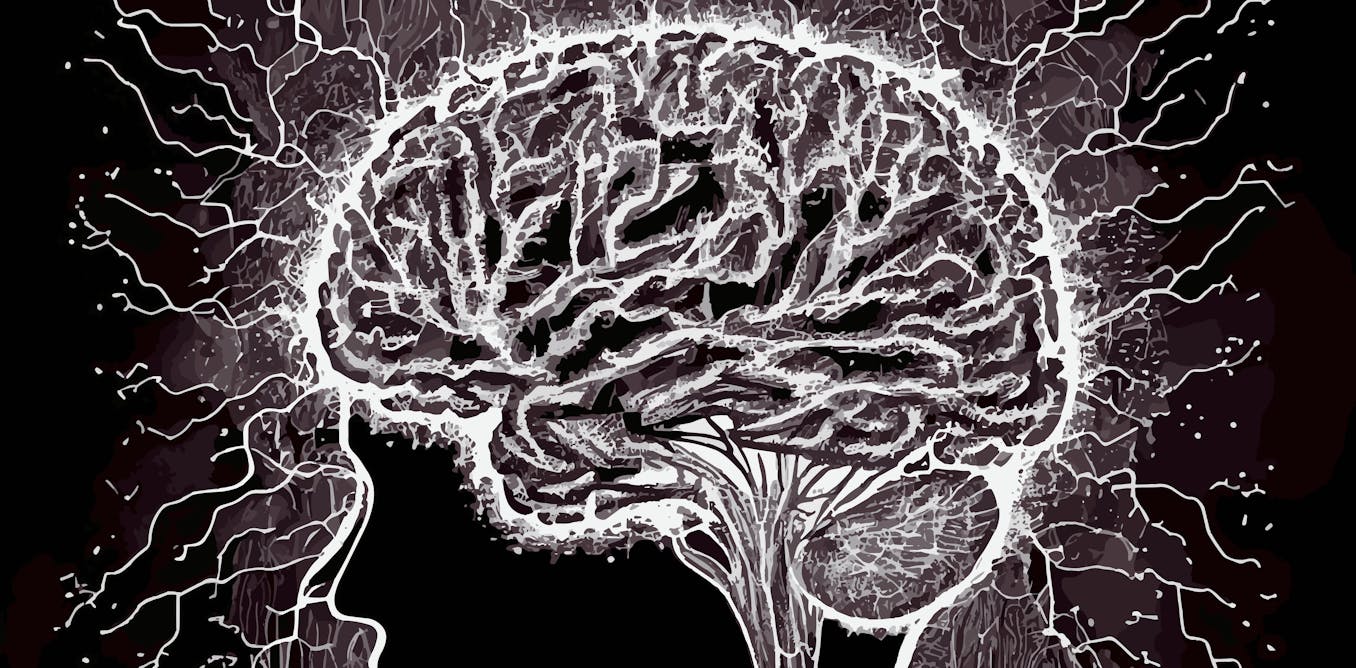Sly Saint
Senior Member (Voting Rights)
Article in the Conversation (prides itself on evidence based reporting and fact checking)
Author
Benjamin Scrivener
PhD Candidate, Faculty of Medical and Health Sciences, University of Auckland, Waipapa Taumata Rau

 theconversation.com
theconversation.com
Author
Benjamin Scrivener
PhD Candidate, Faculty of Medical and Health Sciences, University of Auckland, Waipapa Taumata Rau
What is functional neurological disorder?
Neurological disorders are conditions that affect how the nervous system works. The nervous system sends and receives messages between the brain and other parts of your body to regulate a wide range of functions, such as movement, speaking, vision, thinking and digestion.
To the untrained eye, functional neurological disorder can resemble other conditions such as stroke, multiple sclerosis or epilepsy.
But, unlike these conditions, functional neurological symptoms aren’t due to damage or a disease process affecting the nervous system. This means the disorder doesn’t appear on routine brain imaging and other tests.
Functional symptoms are, instead, due to dysfunction in the processing of information between several brain networks. Simply put, it’s a problem of the brain’s software, not the hardware.
Symptoms may include paralysis or abnormal movements such as tremors, jerks and tics. This often leads to difficulty walking or coordinating movements.
Sensory symptoms may involve numbness, tingling or loss of vision.
Dissociative symptoms, such as functional seizures and blackouts, are also common.
Some people experience cognitive symptoms including brain fog or problems finding the right words. Fatigue and chronic pain frequently coexist with these symptoms.
These symptoms can be severe and distressing and, without treatment, can persist for years. For example, some people with functional neurological disorder cannot walk and must use a wheelchair for decades.
Diagnosis involves identifying established diagnostic signs and ensuring no other diagnoses are missed. This process is best carried out by an experienced neurologist or neuropsychiatrist.
How common is it?
Functional neurological disorder is one of the most common medical conditions seen in emergency care and in outpatient neurology clinics.
It affects around 10–22 people per 100,000 per year. This makes it more common than multiple sclerosis.
People also need accurate information about their condition, because understanding and beliefs about the disorder play an important role in recovery. Accurate information helps patients to develop more realistic expectations, reduces anxiety and can empower people to be more active in their recovery.
A dark history
The origins of the disorder are deeply rooted in the sexist history of its pre-scientific ancestor – hysteria. The legacy of hysteria has cast a long shadow, contributing to a misogynistic bias in perception and treatment. This historical context has led to ongoing stigma, where symptoms were often labelled as psychological and not warranting treatment.
Women with functional symptoms often face scepticism and dismissal. In some cases, significant harm occurs through stigmatisation, inadequate care and poor management. Modern medicine has attempted to address these biases by recognising functional neurological disorder as a legitimate condition.

Tremors, seizures and paralysis: this brain disorder is more common than multiple sclerosis – but often goes undiagnosed
Functional neurological disorder can be hard to distinguish from other conditions. Some patients feel misunderstood and their symptoms dismissed.
 theconversation.com
theconversation.com
Last edited:
